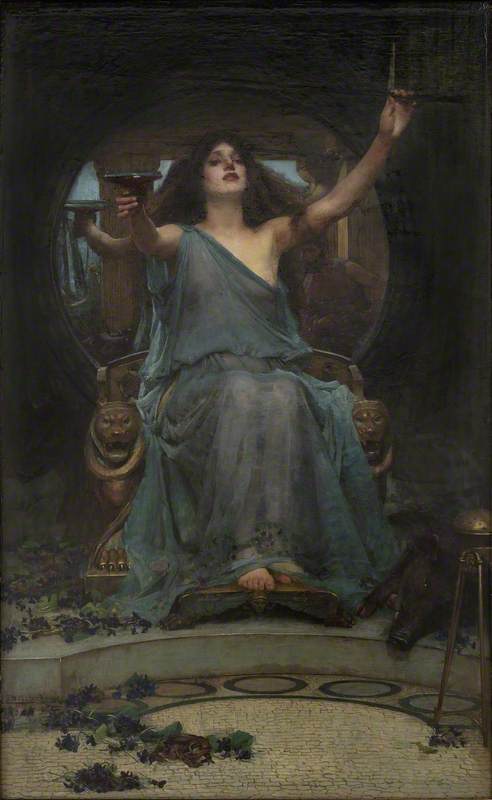


Instead, he had talked his way past the witch." Circe's fascination with mortals acts as the book's marrow and drives it to an exciting conclusion. "Not even Odysseus could talk his way past witchcraft," she reflects as her power develops. On Crete, she attends the birth of the Minotaur and conducts her own C-section. She makes Hermes' lovers, followed by two mortal males. My life began the moment I went into those trees." This lonely, despised figure learns herbs and potions, surrounds herself with lions, and outwits the monster Scylla to save Daedalus and his boat in a heart-stopping chapter. Circe realizes her calling as a witch only after being banished to the island of Aeaea: "I will not be like a caged bird, I thought, too stupid to fly even when the door is open." Readers will enjoy following the mystery of this unpromising daughter of Helios and his wife, Perse, who had no use for their child. "When I was born, the name for what I was did not exist," begins the tale, which has a definite feminist tinge.

This time, she looks to The Odyssey to learn about Circe, a nymph who transforms Odysseus' men into pigs. The writer returns to Homer, the source of inspiration for The Song of Achilles, which won her an Orange Prize (2012). Imagine all the prayers.” So says Circe, a sly, petulant, and finally commanding voice that narrates the entirety of Miller’s dazzling second novel.


 0 kommentar(er)
0 kommentar(er)
